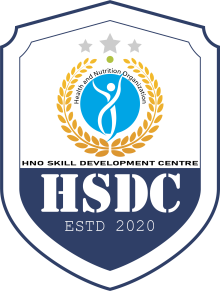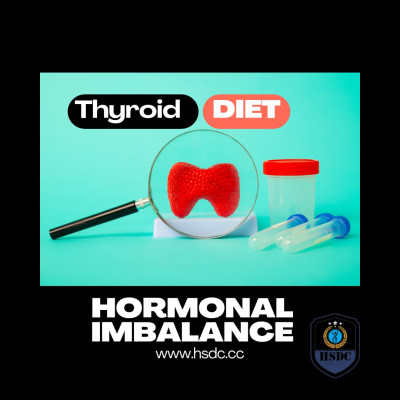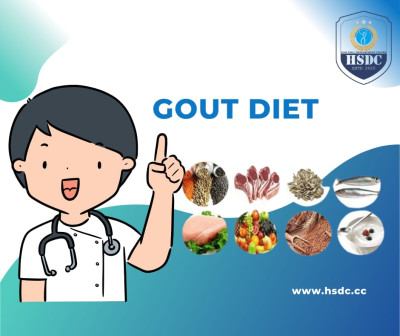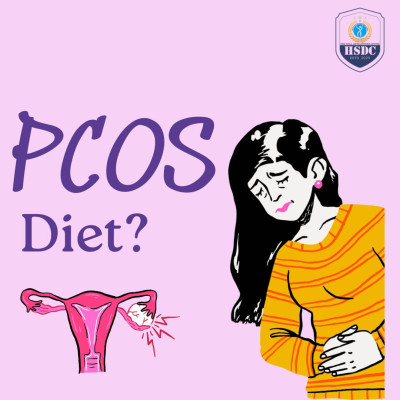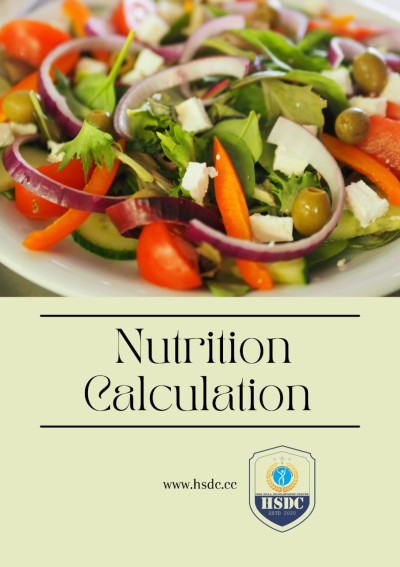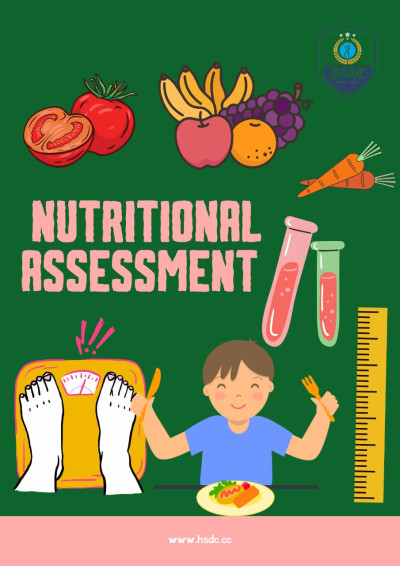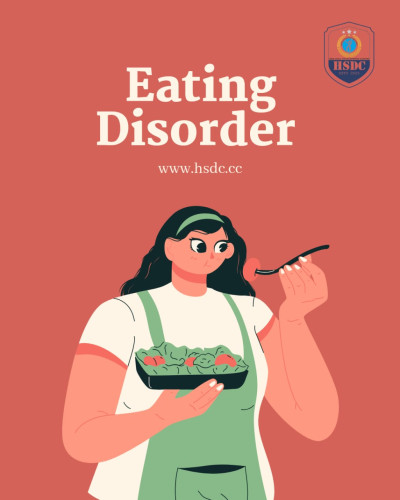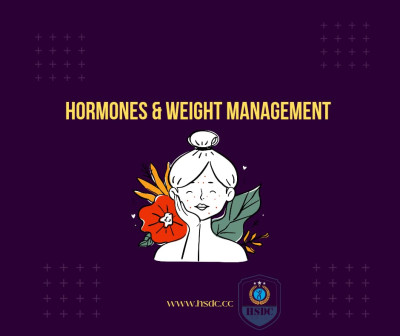Course description
The DASH diet, or Dietary Approaches to Stop Hypertension, is a scientifically-backed dietary regimen designed to combat high blood pressure (hypertension) and promote cardiovascular health. Developed by the National Heart, Lung, and Blood Institute (NHLBI), the DASH diet emphasizes consuming nutrient-rich foods while reducing sodium intake.
The core principles of the DASH diet revolve around increasing the consumption of fruits, vegetables, whole grains, lean proteins, and low-fat dairy products. These foods are rich in essential nutrients such as potassium, magnesium, calcium, and fiber, which have been shown to help lower blood pressure and improve overall heart health. Additionally, they are low in saturated fats and cholesterol, further benefiting heart health.
One of the key aspects of the DASH diet is its focus on reducing sodium intake. Excessive sodium consumption is a significant contributor to high blood pressure, as it can cause the body to retain water and increase blood volume, putting strain on the cardiovascular system. The DASH diet recommends limiting sodium intake to no more than 2,300 milligrams per day, with an even lower target of 1,500 milligrams per day for those with hypertension, African Americans, and middle-aged and older adults.
Following the DASH diet involves making gradual changes to one's eating habits, such as incorporating more fruits and vegetables into meals, choosing whole grains over refined grains, opting for lean proteins like poultry, fish, and legumes, and selecting low-fat dairy products. It also involves being mindful of portion sizes and reading food labels to identify high-sodium foods and make healthier choices.
Numerous studies have demonstrated the effectiveness of the DASH diet in reducing blood pressure and lowering the risk of developing cardiovascular diseases, such as heart attack and stroke. In addition to its cardiovascular benefits, the DASH diet has also been associated with weight loss, improved insulin sensitivity, and better overall health outcomes.
In summary, the DASH diet offers a balanced and sustainable approach to eating that can help individuals manage their blood pressure, improve heart health, and reduce the risk of chronic diseases. By adopting the principles of the DASH diet, individuals can make positive changes to their diet and lifestyle to achieve long-term health benefits.

